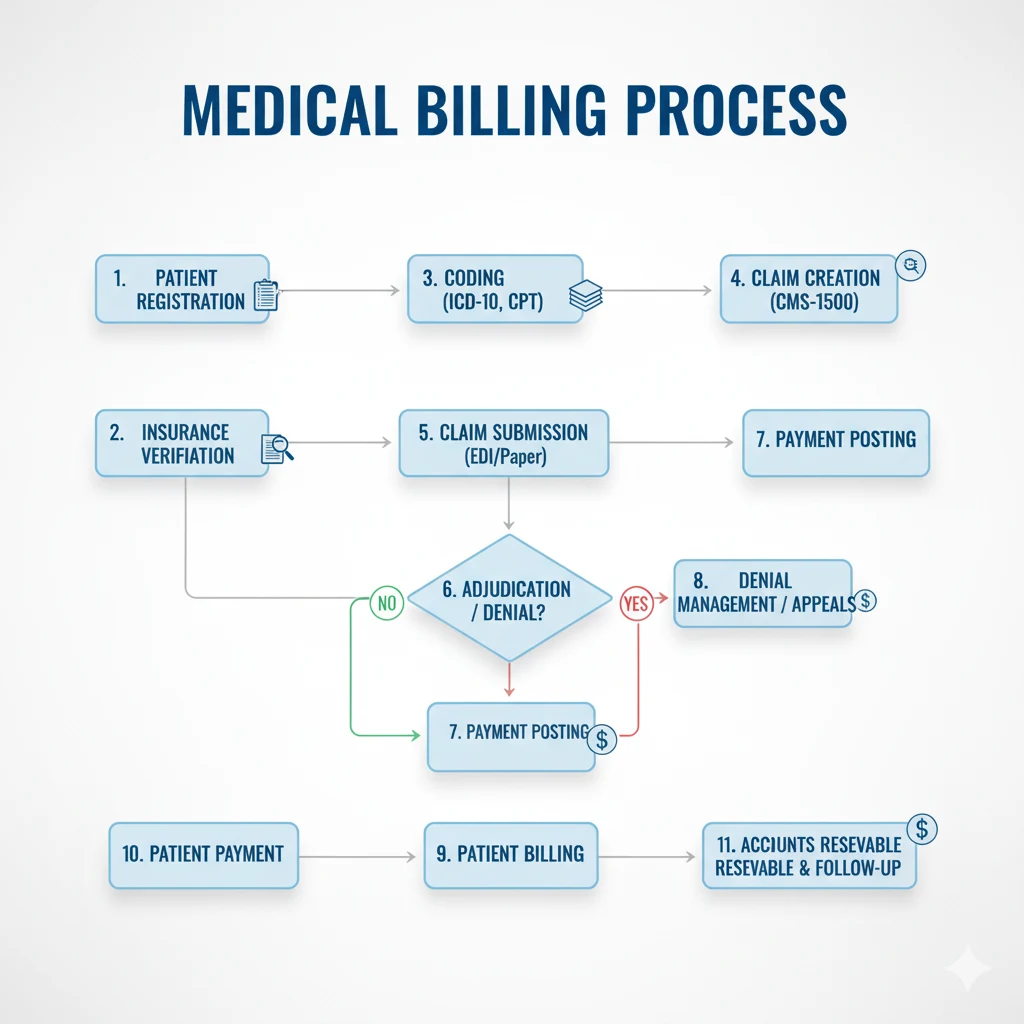In the fast-paced healthcare industry, medical billing plays a critical role in ensuring that healthcare providers receive accurate and timely payments for their services. It is a complex process that involves submitting and following up on claims with health insurance companies to ensure that medical providers are reimbursed for their services. Efficient medical billing services not only improve revenue cycles but also enhance patient satisfaction and compliance with regulations.
In this blog, we will explore what a real estate appraisal company does, its role in property valuation, the services it provides, and why working with a professional appraiser is essential for the real estate market.
Medical billing is the process of transforming healthcare services into billing claims and submitting them to insurance companies or patients. This process bridges the gap between healthcare providers and insurers. From the moment a patient receives care, a series of steps are followed, including coding diagnoses, preparing claims, and handling reimbursements.
The primary purpose of medical billing services is to ensure that providers are reimbursed correctly and promptly, while also maintaining compliance with complex healthcare regulations such as HIPAA (Health Insurance Portability and Accountability Act).
Unlike brokers or agents, appraisal companies provide independent and unbiased assessments—a critical requirement for banks, buyers, sellers, and investors.
📞 Call/WhatsApp: +1 (561) 600-4443
📧 Email: info@backbonedatasolutions.com
🌐 Website: Visit Backbone Data Solution

Patient Registration:
The process begins with registering the patient’s personal and insurance information. Accurate data entry is critical for smooth billing.
Insurance Verification:
Before services are provided, verifying the patient’s insurance coverage helps prevent claim denials.
Medical Coding:
Healthcare services are assigned specific codes using ICD-10, CPT, or HCPCS coding systems. Correct coding is vital for accurate billing.
Claim Submission:
Once coding is completed, claims are submitted electronically or manually to insurance providers for reimbursement.
Payment Posting:
Payments received from insurance companies and patients are recorded and reconciled in the provider’s system.
Denial Management:
Medical billers follow up on rejected claims, correct errors, and resubmit claims to ensure maximum reimbursement.
Reporting:
Regular reports track revenue cycles, outstanding claims, and patient billing trends. These reports help in strategic decision-making for healthcare providers.
Outsourcing medical billing services has become increasingly popular among healthcare providers, from hospitals to small clinics. The advantages include:
Increased Revenue: Expert billers reduce errors, ensuring faster and more accurate reimbursements.
Cost Savings: Outsourcing reduces the need to maintain an in-house billing team.
Focus on Patient Care: Providers can concentrate on delivering quality healthcare rather than administrative tasks.
Compliance Assurance: Professional billing services stay updated with changing healthcare laws and insurance guidelines.
Data Security: Third-party billing services employ secure systems to protect sensitive patient information.


Despite its benefits, medical billing comes with challenges:
Complex Insurance Policies: Understanding the nuances of different insurers is essential.
Coding Errors: Mistakes in medical coding can lead to claim denials or delayed payments.
Regulatory Compliance: HIPAA and other regulations require meticulous handling of patient information.
Technological Updates: Staying current with medical billing software and electronic claim systems is necessary for efficiency.
Technology has revolutionized medical billing services. Electronic Health Records (EHR) and Practice Management Software automate many billing processes, reducing errors and saving time. Artificial Intelligence (AI) and machine learning algorithms are also being used to predict claim denials and streamline revenue cycles.


Outsourcing these steps to a professional medical billing company ensures accuracy, compliance, and efficient revenue collection.
The future of medical billing is closely tied to technology and data analytics. Automation, AI, and blockchain technology are expected to reduce manual work, prevent fraud, and optimize reimbursement cycles. Telemedicine growth also requires adaptable billing systems to handle virtual healthcare services efficiently.

We value every inquiry and understand that your time is important. Whether you have a question about our services, need more details before making a decision, or simply want to share your feedback, our team is always ready to assist you. Our goal is to provide clear, prompt, and helpful responses so that you feel supported at every step.
Send us a message and we will respond as quickly as possible. Our team is always ready to assist you with queries, guidance, or support so that you receive the right information without any delay.
